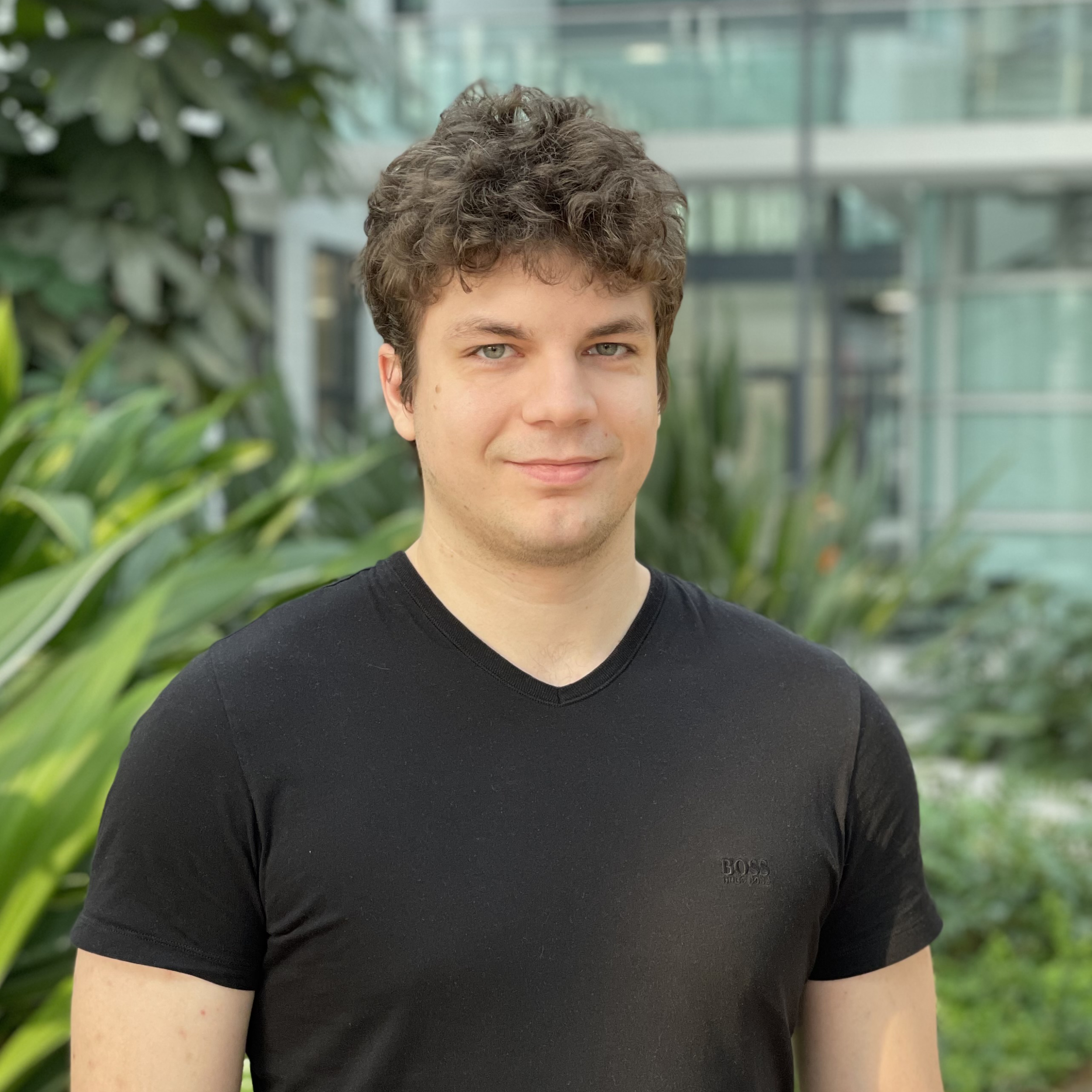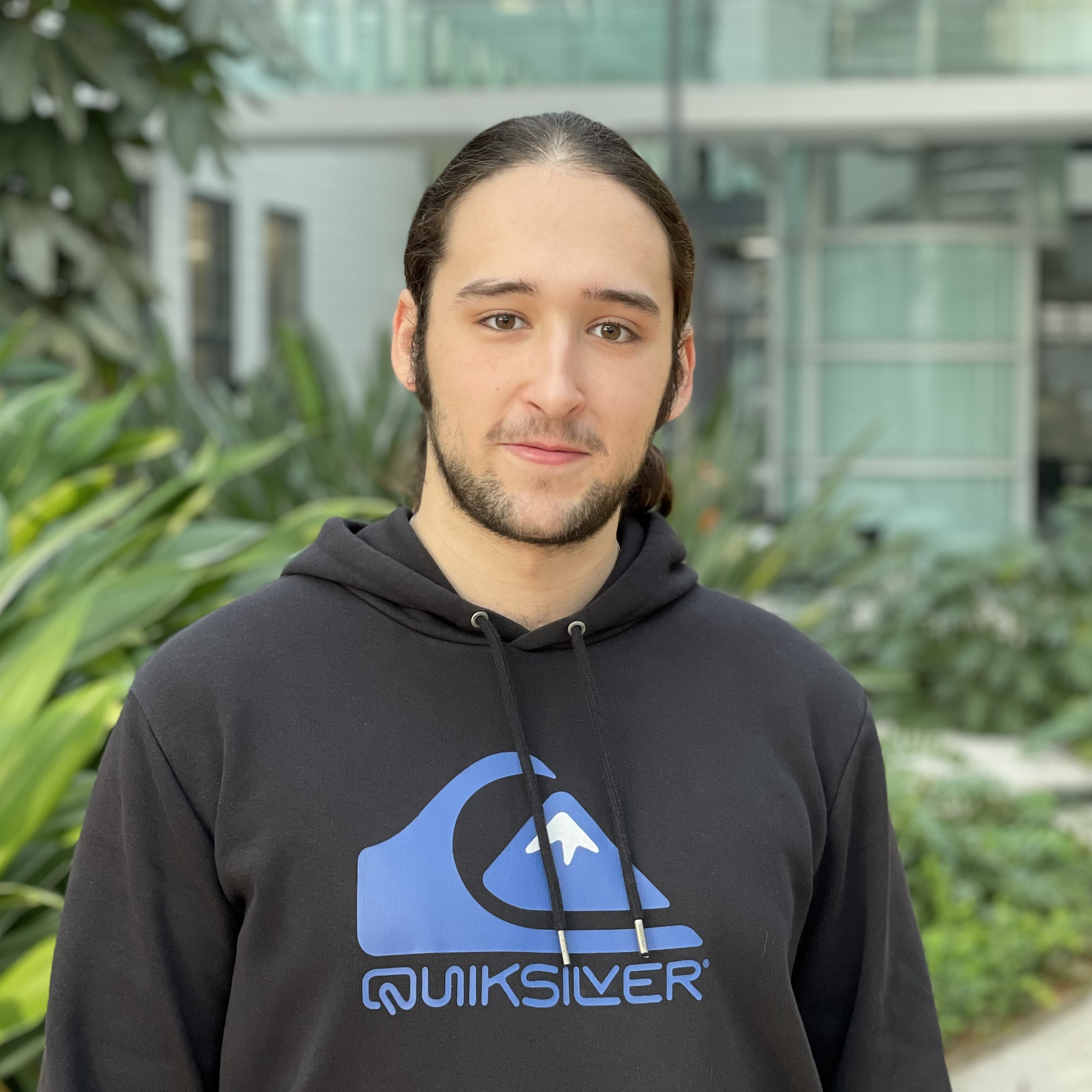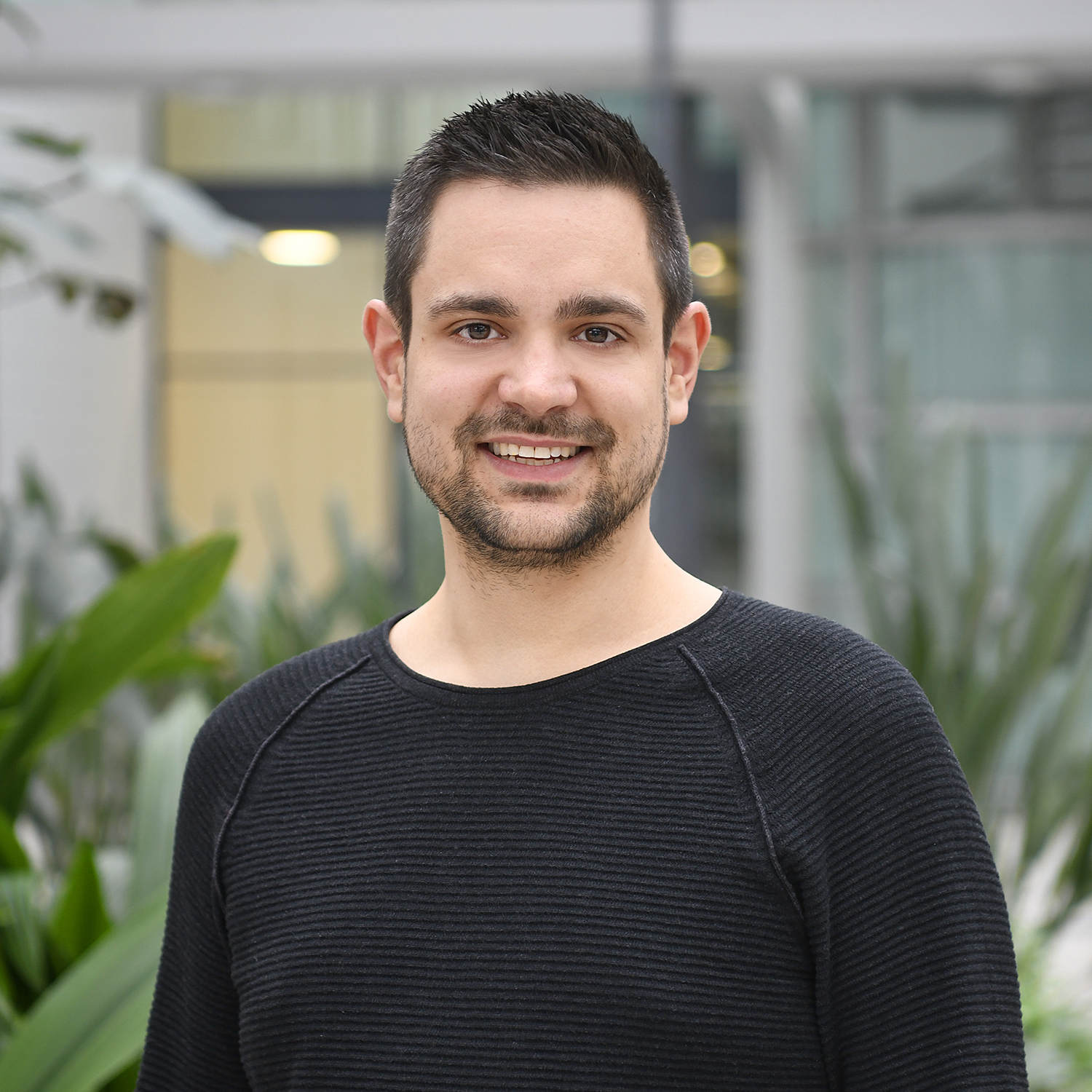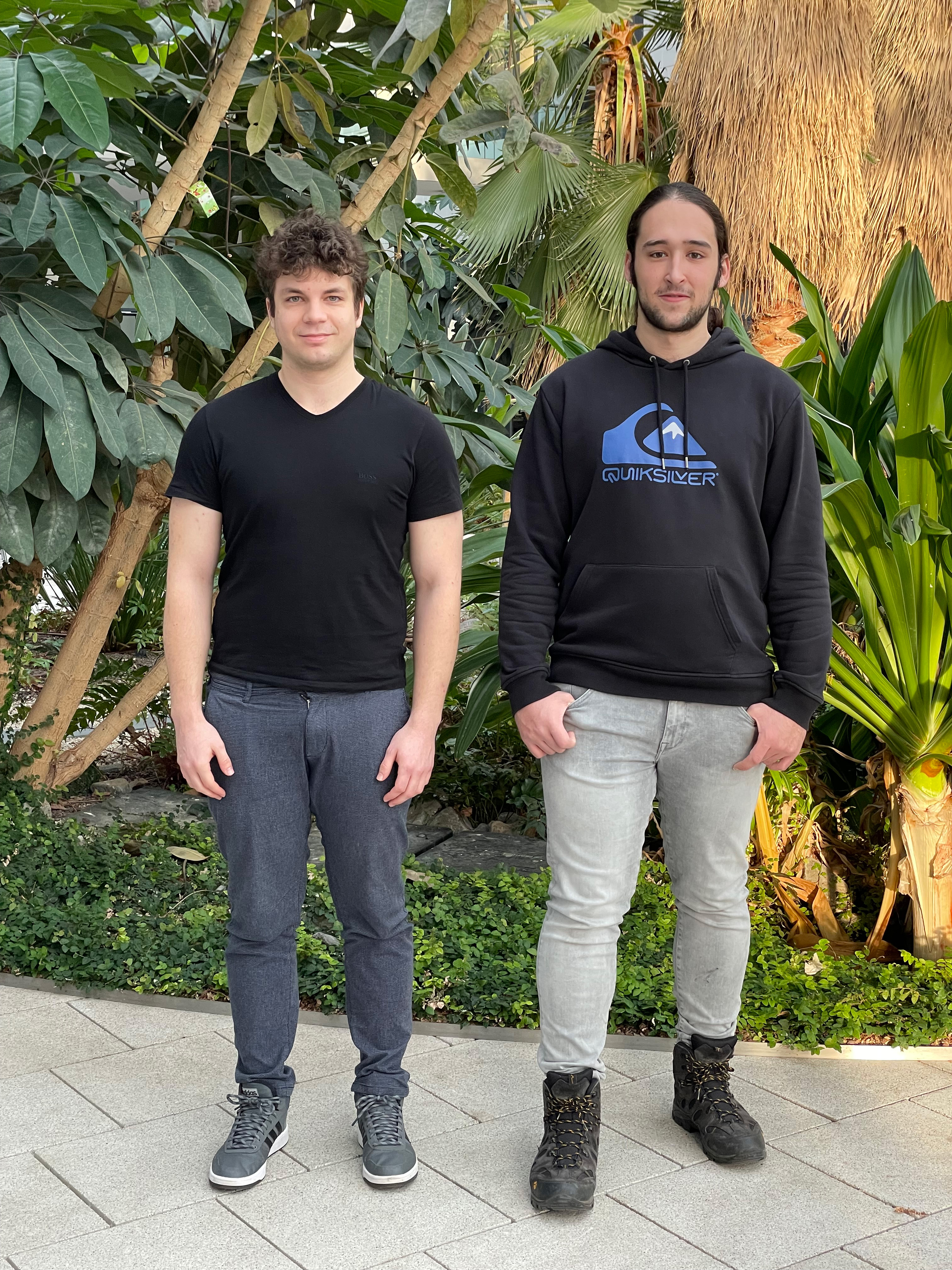What exactly do you do in the IT »System Integration« apprenticeship? What tasks do you have?
Phillip: In the »IT Specialist for System Integration« apprenticeship, you learn to administer the IT infrastructure of your company, or rather the basis of it. At the Fraunhofer ITWM, this involves servers, laptops, desktop PCs and VMs (virtual machines), which are divided into different operating systems and network segments. But planning and setting up workstations, installing or replacing new server hardware are also part of the tasks of a system integrator. In addition, dealing with the concerns of employees from the specialist departments is a major focus of everyday work – in concrete terms, this means implementing IT requests and/or solving problems.
What does a typical day as an apprentice in our IT department look like?
André: My everyday life is always characterized by new technical challenges. We have a wide range of technical devices that cover all areas of IT and always make everyday life varied.
Phillip: A typical day starts with reading e-mails. These usually contain updates to tickets and documentation. An IT ticket system (also known as a helpdesk system or service desk system) is software that can be used to assign, process and track requests.
We then discuss with our trainer whether and what our daily plans are and then get straight to work. For us trainees, this usually means tasks in the area of meeting technology, laptops and parts of the Windows terminal server or desktop PC administration. Depending on the agreement with the trainer, you can also specialize in other areas or take a look inside.
I am currently being trained to help administer our new operating concept for the Windows terminal servers. I also prepare laptops for new employees, go through the user agreement with them and am available to answer any questions. This also includes meeting technology, installing special software on servers or VMs, testing it and getting it up and running. Otherwise, we process tickets of all kinds and take calls that come to us from the specialist departments.



